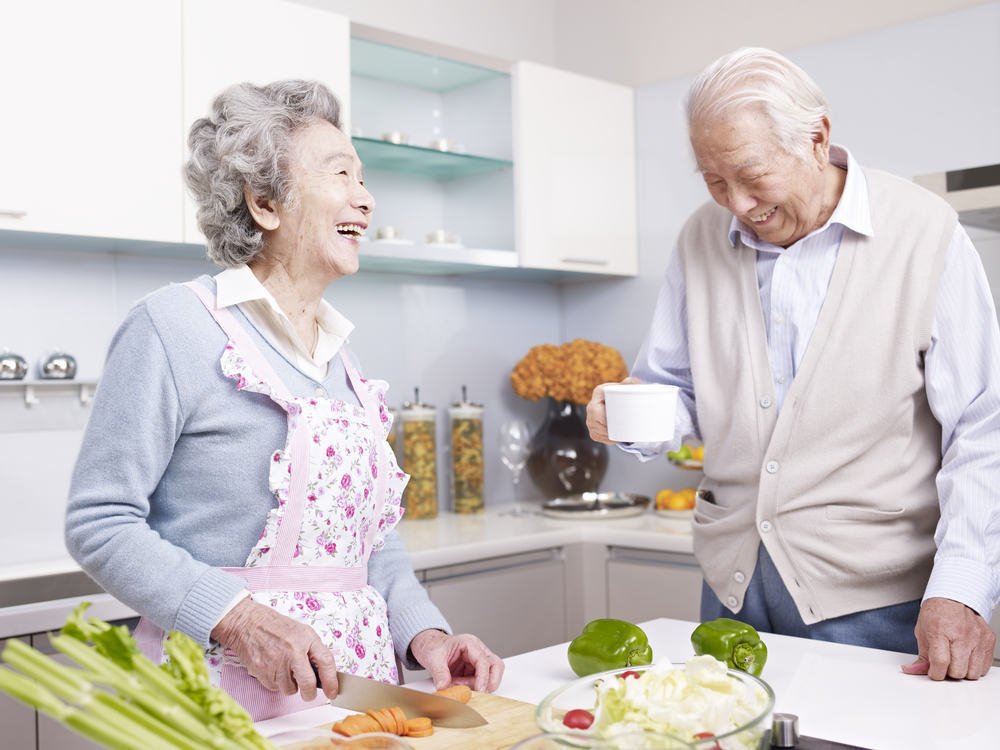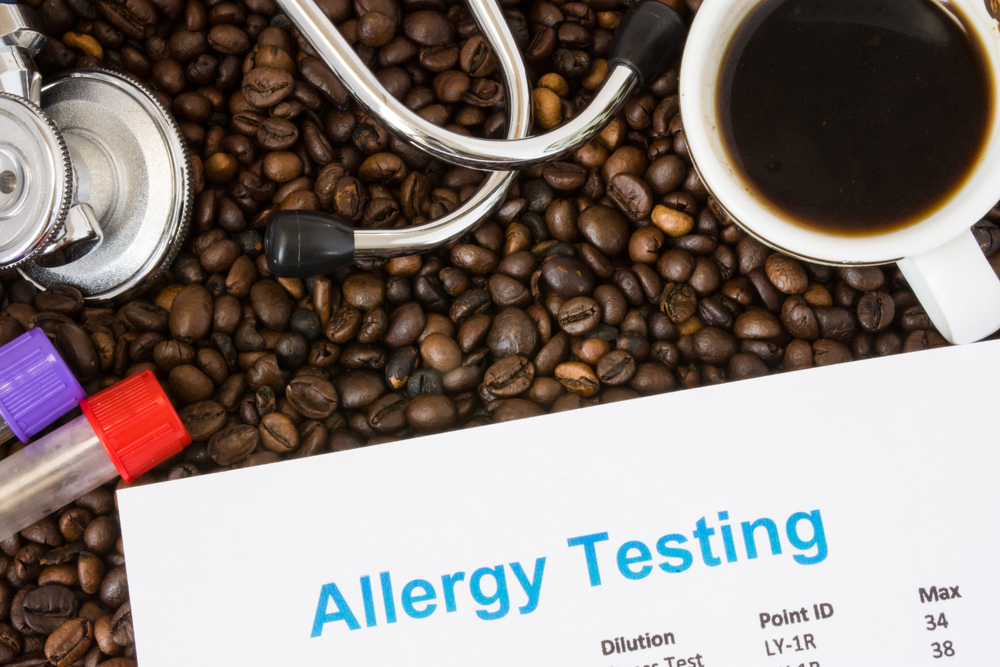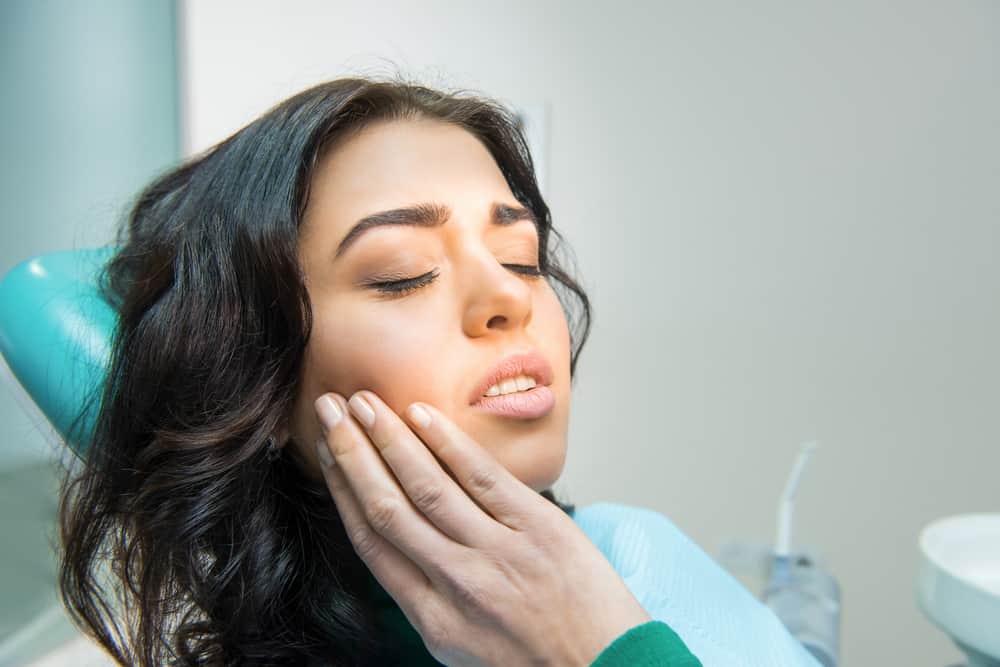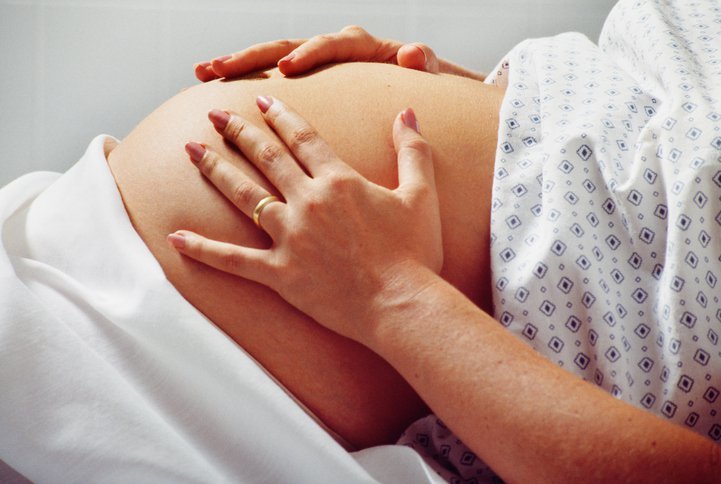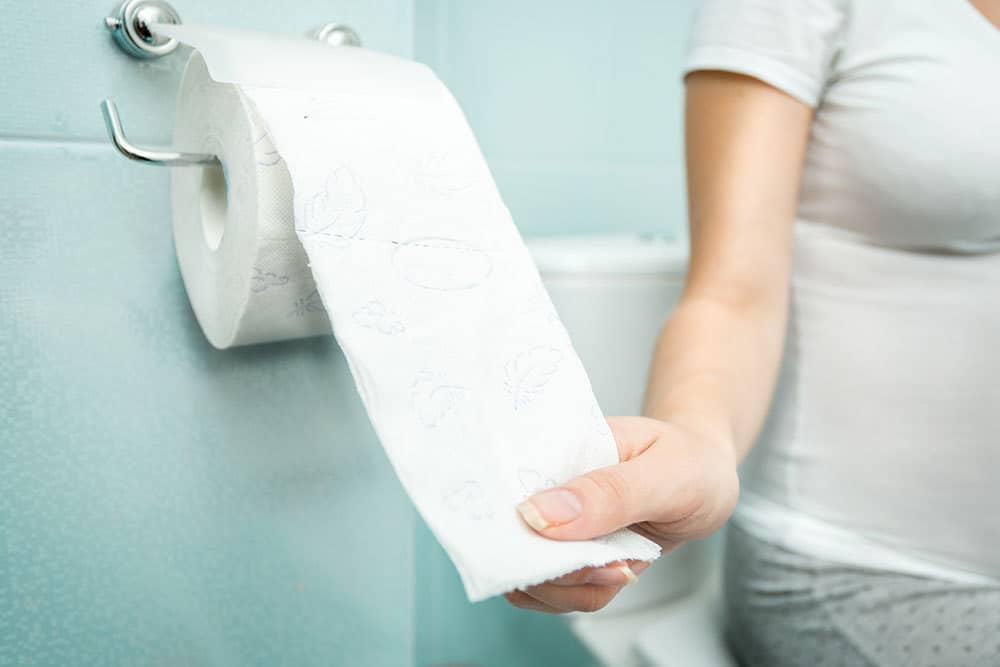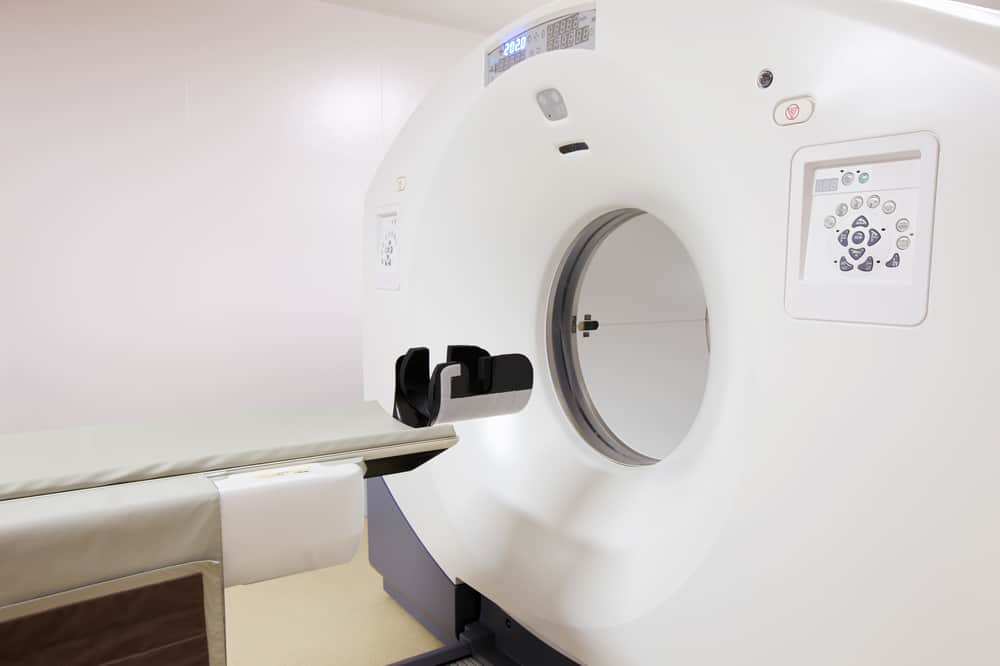Contents:
- Medical Video: Basic Nutritional Advice : Nutrition Tips for Seniors
- Physiological changes in the elderly
- Changes in the senses in the elderly affect food
- What are the nutritional needs of the elderly?
- Guide to maintaining balanced nutrition for the elderly
- 1. Get used to consuming calcium sources
- 2. Get used to eating fibrous foods
- 3. Drink water as needed
- 4. Keep doing physical activity
- 5. Limit consumption of sugar, salt, and fat
Medical Video: Basic Nutritional Advice : Nutrition Tips for Seniors
Our body changes according to its time. As you get older, your body functions will decrease. In those who are elderly or elderly, various changes occur both physically and perceptively which then affects the nutritional needs of the elderly.
Physiological changes in the elderly
One of the things that causes changes in a person's nutritional needs is his physical condition. In the elderly, their nutritional needs are sometimes difficult to generalize. Although in general the elderly will experience a decrease in nutritional needs, but because of the decrease in body mass and the speed of their basal metabolism vary, the nutritional requirements vary too. In addition to the decrease in body mass and the speed of basal metabolism, the decline in the ability of organs to work optimally also affects the nutritional needs of the elderly.
For example, the digestive system's work in digesting fat is not as optimal as when it is young, so fat consumption should also be reduced. Digestive problems such as constipation and gastritis also often occur in those who are elderly so that the fulfillment of elderly nutrition is sometimes a challenge.
Changes in the senses in the elderly affect food
Not only physical changes, sensory changes and perceptions such as sensitivity to taste, aroma, even hearing and vision are also factors that influence the fulfillment of elderly nutrition. One of the perceptual related problems that usually occurs in the elderly is the reduced ability to sense taste. When a person's ability to taste is reduced, food can be tasteless or bitter so they tend to add spices such as salt or flavoring to food, whereas consumption of salt and flavoring includes those that must be limited to the elderly. Decreasing olfactory function also affects how a person chooses the type of food.
What are the nutritional needs of the elderly?
For example, for women aged between 50-64 years, the energy requirement per day is 1900 kcal, about 300 calories smaller than the energy needs of adults aged 19-29 years. Another change that looks significant is the need for fat and carbohydrates. In adults, the fat requirement is 60-75 grams per day, while the elderly need only 43-53 grams of fat.
The majority of the needs of macronutrient nutrients (such as carbohydrates, fats, and proteins) in the elderly decrease with increasing age. But in micronutrient nutrients (such as vitamins and minerals) tend not to change, only sodium, the amount of which must be reduced with increasing age.
Guide to maintaining balanced nutrition for the elderly
1. Get used to consuming calcium sources
Calcium plays a role in maintaining bone health and strength. In the elderly, bone density begins to decrease so that the risk of causing bone and tooth loss. Elderly people are encouraged to eat foods that are rich in calcium and vitamin D such as fish and milk. Often exposed to morning sun can also help the formation of vitamin D in the body.
2. Get used to eating fibrous foods
Constipation is one of the digestive problems that is often experienced by the elderly. Reduced consumption of fruit vegetables at old age is one of the contributing factors. Sometimes hard fruits or vegetables that are too fibrous make it difficult for the elderly to eat fruit vegetables, limiting the elderly to getting enough fruit vegetables. In addition to fruits, the elderly can consume products whole grain which is also high in fiber. Fiber is important for the health of the elderly because in addition to promoting digestion, fiber also functions to control the levels of fat and sugar in the blood.
3. Drink water as needed
Along with declining age, the hydration system in the elderly also decreases so that the elderly are less sensitive to deficiencies or excess fluids. Dehydration that occurs in the elderly can cause dementia and forgetfulness. In addition, when there is a lack of fluids, the level of sodium in the blood will increase, increasing the risk of hypertension. Conversely, excess fluid can make the heart and kidney work harder. It is recommended that the elderly consume 1500-1600 ml of water or about 6 glasses per day. This is less than the recommended consumption of water for adults as many as 8 glasses per day.
4. Keep doing physical activity
Muscle flexibility will decrease with age. Muscle stiffness often occurs in the elderly because the muscle's ability to contract and relaxation is also reduced. Elderly people are encouraged to carry out mild physical activities such as walking, cycling, gardening, yoga, or elderly gymnastics. In addition to maintaining muscle flexibility, physical activity can help maintain heart health and fitness.
5. Limit consumption of sugar, salt, and fat
Because the work of the digestive system for those who are elderly is not as maximal as a young age, limiting the consumption of sugar, salt, and fat is very important to maintain the health of the elderly. Consumption of sugar, salt, and excess fat will increase the likelihood of the elderly experiencing hypertension, hypercholesterolemia, hyperglycemia, stroke, heart disease, and diabetes. Elderly people are more susceptible to degenerative diseases because the system that serves to help metabolize sugar, salt, and fat can not work as well as before.
READ ALSO:
- 5 Things You Must Look For When Caring for the Elderly
- Is it true that Asian people are more youthful than "bule"?
- Frequent Tiredness, One of the Symptoms of Heart Valve Disease

